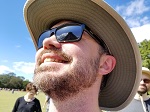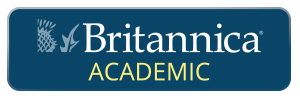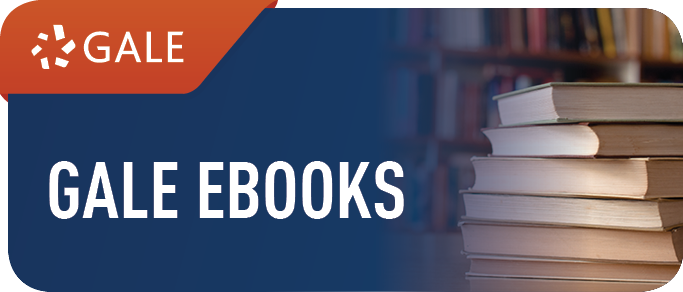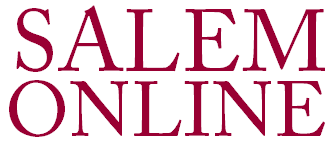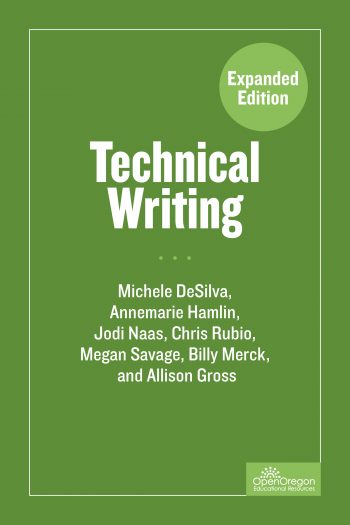Welcome to the DCTC Library's Technical Writing course guide. On this page you will find helpful information about the research and writing process, including links to help you evaluate and cite your sources.
The 2nd page has information about the resources in our library and how to find them using our catalog.
The 3rd page is a gateway to the Library's best online resources and web sites for this course, including some tutorials for these resources.
Let's get started!

Not everything you read online is true. Shocking, I know. Have you ever heard of the CRAAP test? A librarian developed this handy acronym to help you remember these things when evaluating information.
Currency: is this the most up-to-date information on my topic?
Relevance: does this information relate to my topic?
Authority: is the author qualified to write about this subject?
Accuracy: has this information been fact-checked?
Purpose: is this information objective, or is it biased?
Here are some useful guides to help you evaluate information you find on the web:
- CRAAP Detection: Criteria for Evaluating Information (Otis College of Art and Design)
- Evaluating Information (Johns Hopkins University)
- Evaluating Sources of Information (Purdue University)
- Evaluating Resources (UC Berkeley)
There are different styles for citing the sources you use in your assignments. Your instructor will let you know whether to use APA, Chicago, MLA, or some other style. Here are some introductory guides to these styles from the Purdue Online Writing Lab:
- Purdue OWL: APA Formatting and Style Guide
- Purdue OWL: Chicago Manual of Style 17th Edition
- Purdue OWL: MLA Formatting and Style Guide
Our catalog and databases provide citations for the books, videos, and articles you find in them. Just look for a link that says Cite or Citation, then select the appropriate style. It's easy to copy and paste citations into your bibliography!
"Plagiarism includes, but is not limited to, the use, by paraphrase or direct quotation, of the published or unpublished work of another person without full and clear acknowledgment. It also includes the unacknowledged use of materials prepared by another person or agency engaged in the selling of term papers or other academic materials."
This definition of plagiarism comes from page 1 of DCTC's Student Code of Conduct. See how easy that was?
Citing your sources is an essential step in the research process. This allows others to verify your information and gives credit to previous researchers and writers for their hard work.
The Center for Student Success offers tutoring to all DCTC students, including help with writing your paper and citing your sources. You can schedule an appointment by calling 651-423-8420 or visiting room 2-101.
Use our catalog, OneSearch, to find the books and videos on our shelves, plus ebooks and streaming videos.
The best way to begin your search is to enter one or two keywords on your topic. To narrow your results, use the Modify My Results options on the left side of the screen. You can also click on a relevant title and click on one of its subject headings to focus your search on that particular topic.
Please ask a librarian if you need help locating anything you find in our catalog.
If we don't have the book, video, or article you're looking for, you can request it via interlibrary loan (ILL) and it will come to you. It's easy! E-mail library@dctc.edu to let us know what you're looking for and we'll do the rest.
Our collection is organized by Library of Congress call numbers. If you like to browse, most books about technical writing are shelved in the T11 and PE1475 call number ranges. Ask a librarian if you need help finding anything.
Here are just a few of our books about technical writing
For assignments where you need to research and write about technology, we have several magazines (in print and online) that can help.
Distributed Energy
Current year + 3 previous years in print
MIT Technology Review
Full text online from 1990 to the present
Motor Trend
Current year + 3 previous years in print
Full text online from 1992 to the present
Scientific American
2017 to 2019 in print
Full text online from 2007 to the present
Tech & Learning
Current year + 3 previous years in print
Full text online from 2009 to the present
Technical Communication
Full text online from 1992 to 2005
Wired
Current year + 3 previous years in print
Full text online from 2008 to the present
Reference books and online resources like AccessScience, Britannica Academic, Gale eBooks, and Salem Online are great for improving your background knowledge on almost any topic. These resources also provide images and videos, which you can use to liven up your papers and presentations.
Technical Writing is a free, online textbook published by Open Oregon Educational Resources and available for download from the University of Minnesota's Open Textbook Library.
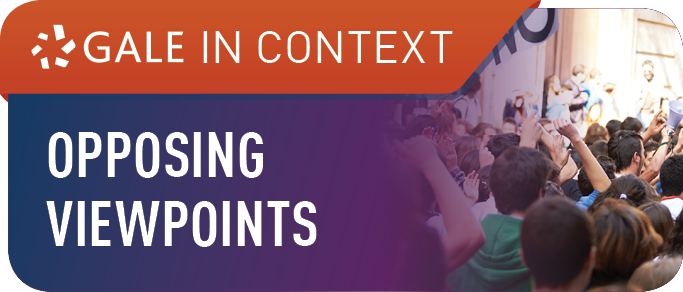
Opposing Viewpoints features information and opinions on more than 400 social issues and current events. For each topic, you'll find viewpoint essays; reference information; full-text articles from magazines, academic journals, and newspapers; primary source documents; statistics; images; videos; audio; and trustworthy websites.
There are millions of full-text articles in our EBSCO, Gale, and ProQuest databases. The best way to begin your search is to enter one or two keywords on your topic. Each database is different, but there will be ways to limit and focus your results so that you find the most relevant and useful articles available.
 Our EBSCO databases are an excellent place to start your search for magazine and journal articles.
Our EBSCO databases are an excellent place to start your search for magazine and journal articles.
 Our Gale databases are another great place to find magazine and journal articles.
Our Gale databases are another great place to find magazine and journal articles.
 Search hundreds of U.S. newspapers, newswires, and news sites with ProQuest U.S. Newsstream.
Search hundreds of U.S. newspapers, newswires, and news sites with ProQuest U.S. Newsstream.
Please visit the Library or e-mail library@dctc.edu if you have any questions about our online resources or if you'd like help finding articles on your topic.
Here are just a few of the ebooks about technical writing and communication you'll find in our EBSCO eBook Collection:
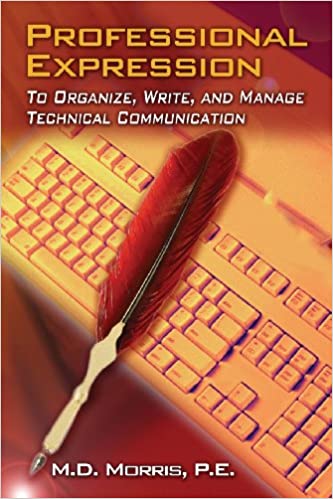 Professional Expression: To Organize, Write, and Manage for Technical Communication
Professional Expression: To Organize, Write, and Manage for Technical Communication
M.D. Morris, 2009
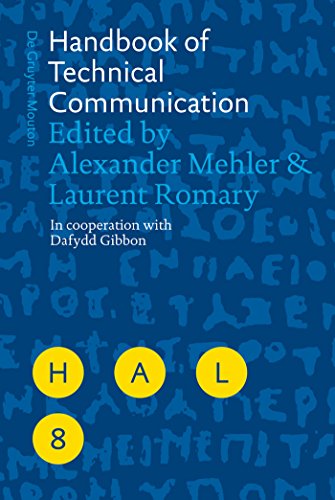 Handbook of Technical Communication
Handbook of Technical Communication
Alexander Mehler, 2012
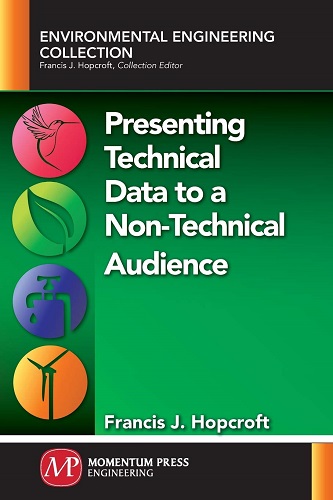 Presenting Technical Data to a Non-Technical Audience
Presenting Technical Data to a Non-Technical Audience
Francis J. Hopcroft, 2019
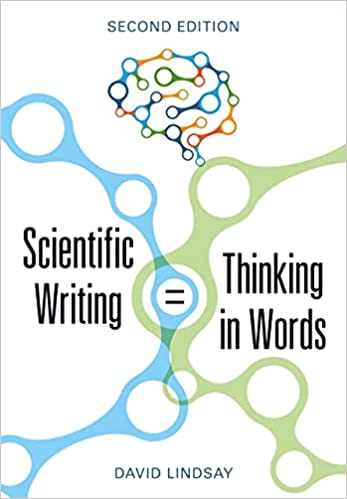 Scientific Writing = Thinking in Words, 2nd ed.
Scientific Writing = Thinking in Words, 2nd ed.
David Lindsay, 2020


